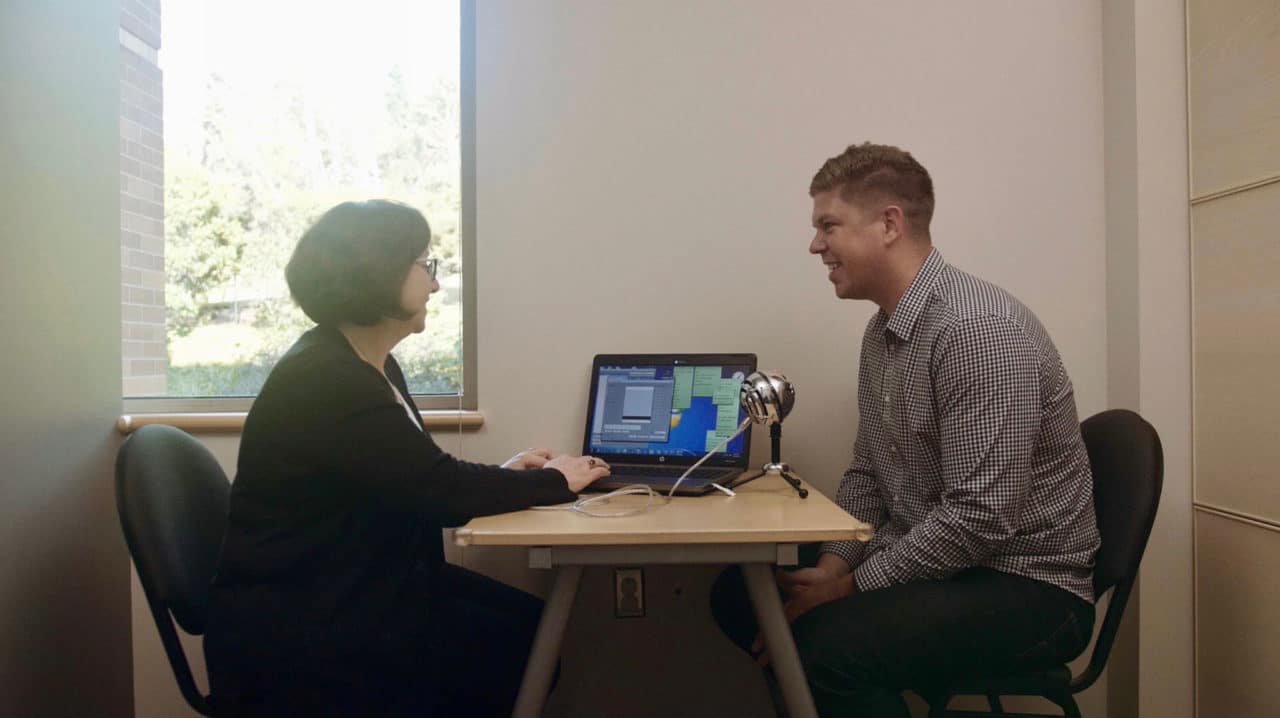What is aural rehabilitation?

Aural rehabilitation is a branch of speech-language therapy that provides coaching for those with acquired hearing loss to improve their communication with others. When individuals experience hearing loss, they are often recommended to use hearing instruments to improve their access to sound. As amazing as these devices are, they do not solve all communication challenges. Or, for some people, their hearing loss may be too mild to warrant hearing instruments at this time, but they are still experiencing communication challenges that interfere with their ability to function during daily activities; aural rehabilitation can benefit these individuals, as well.
Assessment:
Hearing loss is diagnosed by an audiologist. Testing to determine hearing sensitivity levels is completed in a sound-treated booth (see “audiology” section for more details). After a hearing loss is diagnosed, or after a communication challenge has been identified, a follow-up appointment is scheduled with a speech-language pathologist, which includes an extensive case history of communication challenges and additional testing.
Treatment:

Aural rehabilitation may include counseling (for the patients and their families), auditory training (e.g., listening activities, simulating difficult listening environments, etc.), promoting self-advocacy through education, and training for use of other communication strategies.
At ESHC, some aural rehabilitation is included in the CONNECT program: communication workshops and advanced courses in lip reading. Some computer-based auditory training programs are also available for patients to practice at home on their own. (Please ask an audiologist for further details about home-based auditory training programs.) However, some people may benefit from a more individualized program featuring opportunities to practice their auditory and communication skills. They may require additional counseling privately or with their communication partners (e.g., spouse). For these patients, individual auditory rehabilitation sessions with a speech-language pathologist may be recommended.